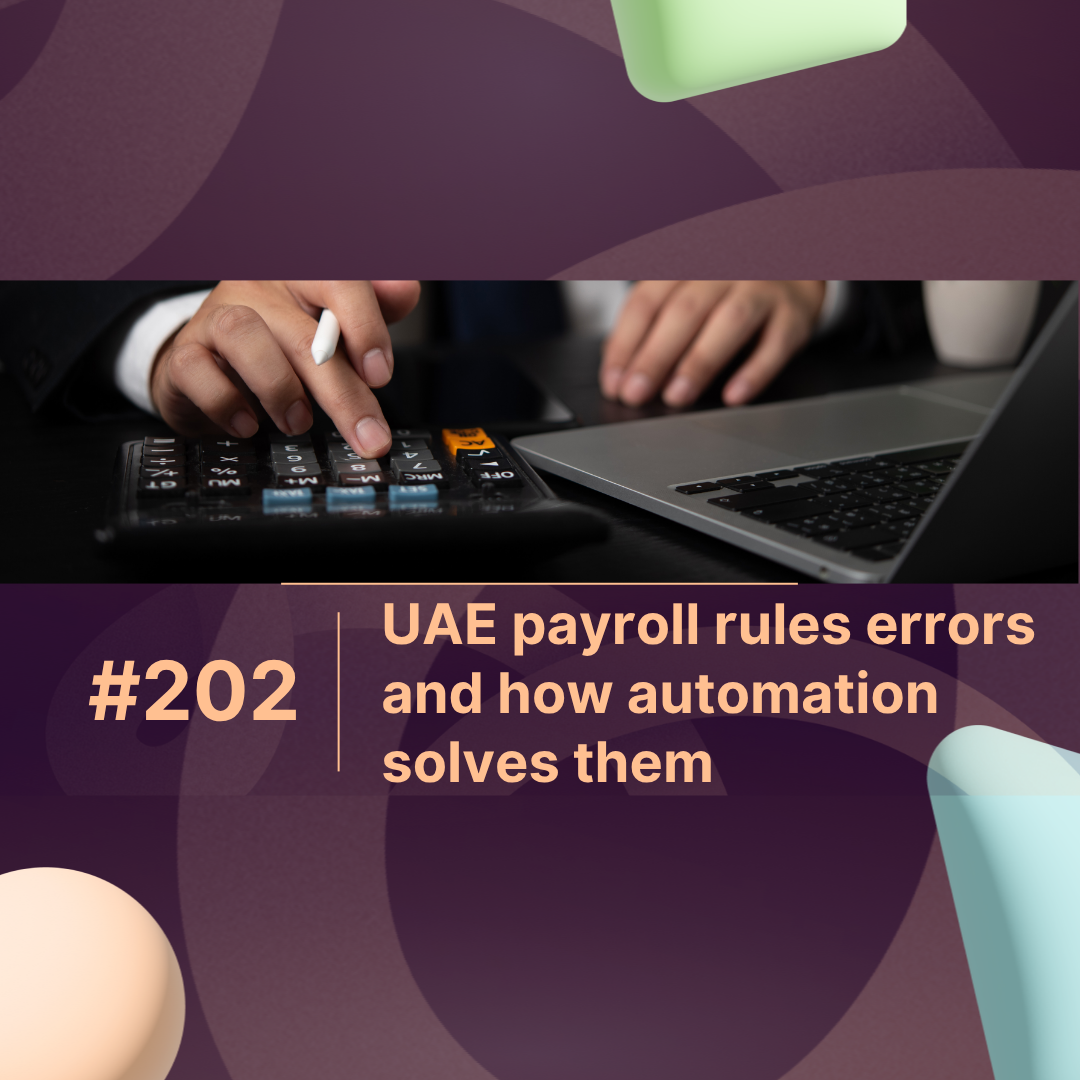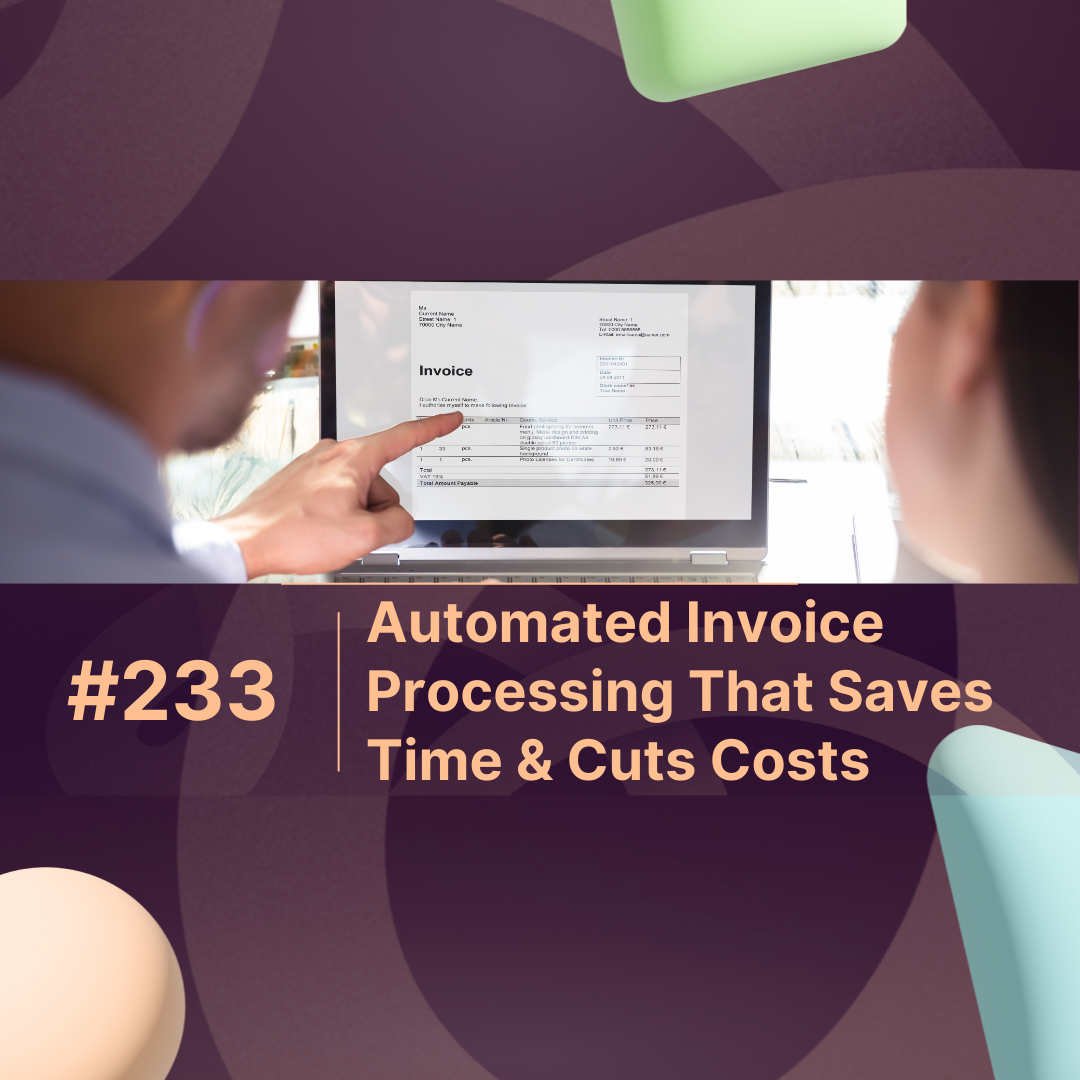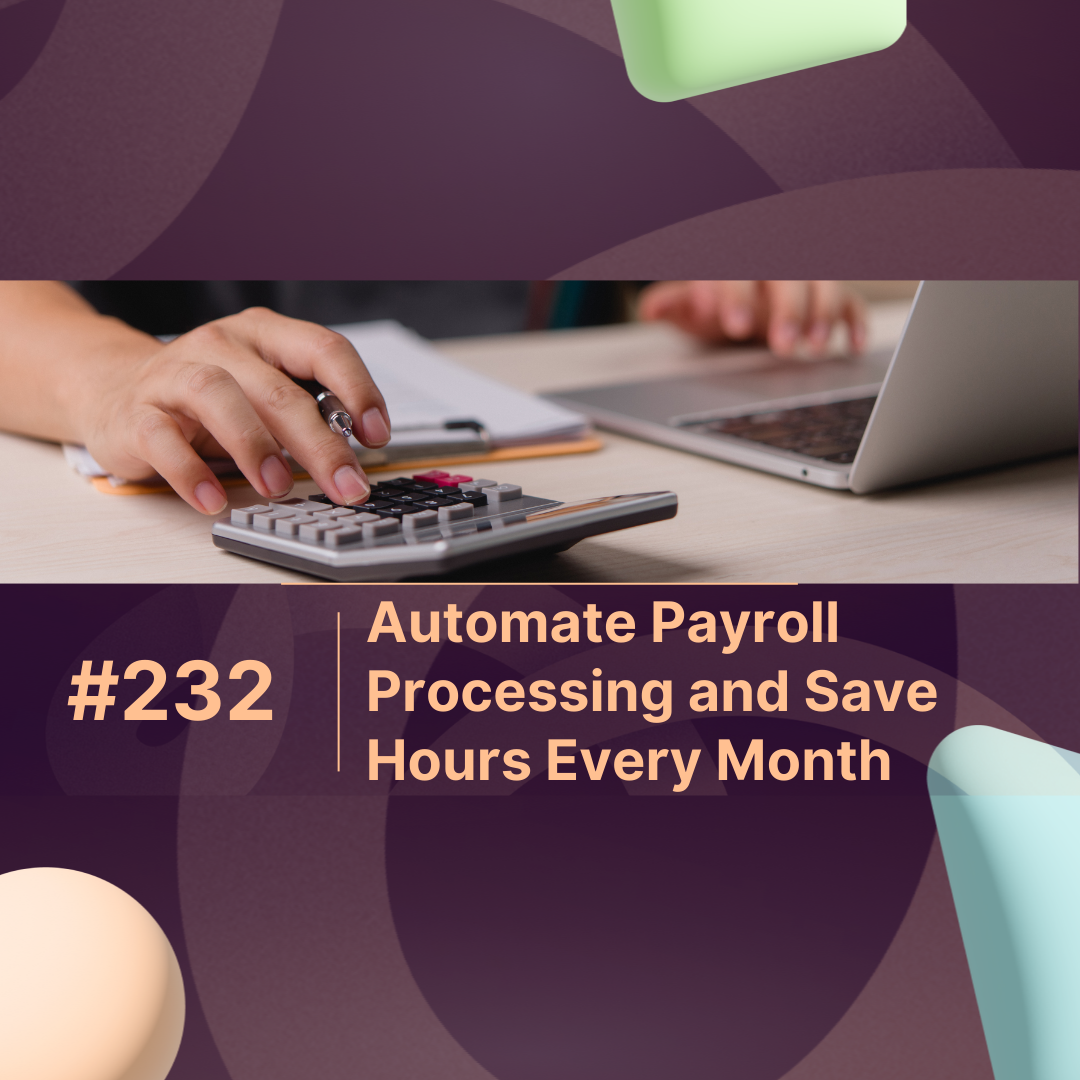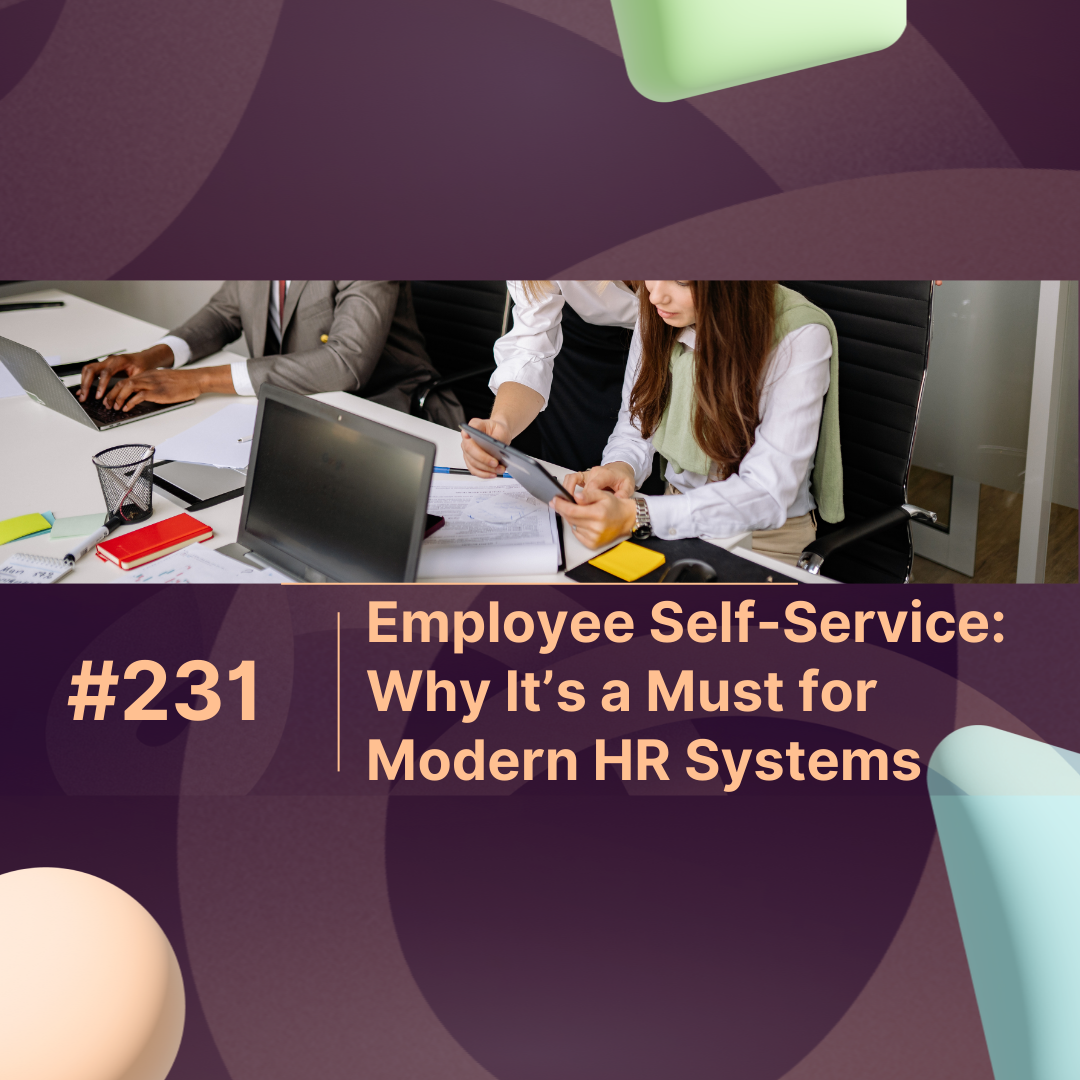Ever wondered why payroll mistakes happen even in compliant UAE companies?
Here’s the truth: the UAE payroll rules are clear, but manual processes often turn compliance into chaos. The good news automation can fix it.
Overview
In the UAE, payroll compliance is governed by strict labor laws and the Wage Protection System (WPS). Despite clear guidelines, over 60% of small to mid-sized businesses report payroll discrepancies every year, mainly due to manual data entry, misclassification, or late WPS submissions.
This blog breaks down the most common UAE payroll rules errors, explains their financial and legal impact, and shows how payroll automation tools like MaxHR can prevent them saving time, money, and compliance headaches.
What Are the Key UAE Payroll Rules?
The UAE Ministry of Human Resources and Emiratisation (MOHRE) regulates payroll under the UAE Labour Law (Federal Decree-Law No. 33 of 2021). Key provisions include:
| Payroll Rule | Requirement | Penalty for Non-Compliance |
|---|---|---|
| Wage Protection System (WPS) | Salaries must be processed via WPS within 15 days of due date. | AED 1,000–5,000 per employee |
| Overtime Calculation | 25%–50% extra pay depending on work hours. | Legal complaints, fines |
| End of Service Gratuity | Based on last basic salary & years of service. | Labor court disputes |
| Leave Salary | Must be paid before annual leave begins. | Administrative penalties |
| Payslip Accuracy | Payslips must include breakdowns of salary components. | Financial audit risks |
Common UAE Payroll Errors Businesses Make
1. WPS Non-Compliance
Failing to process payroll through the Wage Protection System (WPS) or missing deadlines is one of the top violations. MOHRE can suspend work permits or issue fines for repeated delays.
2. Incorrect Gratuity Calculation
Errors occur when HR teams misinterpret gratuity formulas or don’t factor in partial years of service. This can lead to employee disputes or legal claims.
3. Miscalculated Leave Balances
Manual tracking of annual or sick leave often causes underpayment or overpayment, creating inconsistencies in audits.
4. Overtime Mismanagement
Overtime pay rules in the UAE depend on timing and duration. Manual calculations risk underpaying staff a major compliance red flag.
5. Employee Misclassification
Contract vs. full-time status mistakes can impact social security and gratuity, leading to payroll discrepancies.
How Payroll Automation Solves These Problems
1. WPS Integration
Automation platforms like MaxHR automatically generate and upload WPS files, ensuring every salary transfer meets MOHRE format and deadlines — eliminating human error.
2. Accurate Gratuity and Leave Calculations
Automated systems apply UAE’s gratuity formulas correctly, accounting for service duration and basic pay. They also sync leave balances in real-time, reducing miscalculations.
3. Real-Time Compliance Alerts
Advanced tools track law updates and policy changes, alerting HR teams before compliance lapses occur.
4. Centralized Employee Data
Automation ensures one unified database for salaries, benefits, and deductions reducing duplicate or outdated records.
5. Audit-Ready Reporting
Payroll software automatically generates MOHRE-compliant reports, making audits smoother and stress-free.
| Automation Feature | Manual Payroll | Automated Payroll |
|---|---|---|
| WPS File Upload | Manual entry | Auto-generated XML upload |
| Leave & Gratuity | Manual spreadsheets | Auto-calculated formulas |
| Data Accuracy | Error-prone | 99.9% accuracy |
| Compliance Updates | HR-dependent | Real-time system alerts |
| Cost Savings | — | Up to 45% HR time saved |
Why UAE Companies Are Switching to Payroll Automation
A recent Deloitte GCC HR Tech Survey revealed that 72% of UAE firms plan to automate payroll by 2026. The drivers include:
-
Regulatory complexity – frequent MOHRE updates
-
Operational efficiency – faster, error-free processing
-
Employee trust – accurate, timely salary disbursement
-
Cost optimization – reduced admin overhead
Automation isn’t just about efficiency it’s about staying compliant and competitive in an economy increasingly driven by digital HR transformation.
How MaxHR Simplifies UAE Payroll Rules
MaxHR’s payroll automation module is built specifically for UAE regulations:
-
Fully integrated with WPS and MOHRE standards
-
Handles multi-currency & multi-company payrolls
-
Auto-generates end-of-service calculations
-
Offers Arabic-English payslips for transparency
-
Provides real-time compliance dashboards
By combining accuracy, auditability, and automation, MaxHR helps UAE businesses turn payroll from a compliance burden into a growth enabler.
Conclusion
UAE payroll rules are detailed and dynamic, but automation is the smartest compliance strategy. From WPS to gratuity, leave, and audits a platform like MaxHR ensures accuracy, saves HR teams hours of manual work, and protects businesses from costly penalties.
If you’re still managing payroll manually, 2025 is the year to automate — and stay future-ready.
FAQs About UAE Payroll Rules & Automation
1. What is the WPS in UAE payroll?
The Wage Protection System (WPS) ensures that employee salaries are transferred through authorized banks, allowing MOHRE to monitor timely payments.
2. How is gratuity calculated under UAE law?
Employees completing at least one year of service are entitled to 21–30 days of basic salary per year as gratuity, depending on tenure.
3. Can automation tools handle multi-company payrolls?
Yes, advanced solutions like MaxHR support multiple entities and currencies, syncing all payroll data in one dashboard.
4. What penalties apply for payroll errors in the UAE?
Companies can face fines up to AED 5,000 per employee or temporary work permit suspension for repeated WPS violations.
5. Is payroll automation mandatory in the UAE?
Not yet, but with the rise of AI-driven HR compliance, most firms are transitioning to automation to meet MOHRE’s digital transformation goals.



